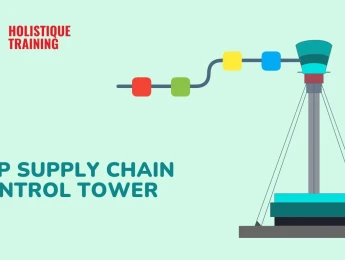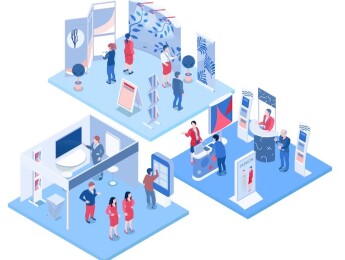In the modern hospitality industry, the quality of interior spaces goes far beyond visual appeal—it directly influences how guests feel, behave, and return. This course is designed for professionals working at the intersection of operations and interior design, offering the skills to manage and transform hospitality spaces with both creativity and strategic clarity. Participants will explore how space, layout, and design choices affect revenue generation, brand identity, and customer satisfaction.
Through a mix of real-world case studies, technical guidelines, and strategic planning tools, this course provides a framework to create guest-centric environments that support operational goals. From optimizing hotel floor plans to integrating sustainable design and managing renovation projects, learners will gain practical knowledge they can immediately apply to elevate hospitality experiences and operational performance.
By the end of this course, participants will be able to:
- Understand how interior design impacts guest experience and operational flow.
- Apply principles of space planning to optimize hospitality layouts.
- Lead and manage interior design projects within budget and timeline.
- Align design decisions with revenue and performance goals.
- Ensure safety, accessibility, and regulatory compliance in interior spaces.
- Integrate sustainability and smart technologies into hospitality design.
- Build design strategies that reflect evolving guest expectations and market trends.
This course is ideal for professionals involved in the planning, execution, or operation of hospitality spaces, including:
- Interior Designers and Architects
- Hotel and Resort Managers
- Project Managers in the hospitality sector
- Facility and Property Managers
- Hospitality Consultants
- Operations and Guest Experience Teams
- Developers of tourism and lodging infrastructure
This course uses a blended learning approach that combines instructor-led sessions, group discussions, visual walkthroughs, and real-life case reviews. Participants will work through hospitality design scenarios, space planning exercises, and project simulations. A strong focus is placed on collaborative problem-solving and connecting design choices to operational and financial results.
Day 5 of each course is reserved for a Q&A session, which may occur off-site. For 10-day courses, this also applies to day 10
Section 1: Hospitality Operations and Interior Design Foundations
- Overview of the hospitality industry and guest expectations
- The strategic role of interior design in brand positioning
- Core components of a successful guest-focused interior
- Understanding the guest journey through interior layout
- Evolution of hospitality design trends
- Key operational considerations in hotel and resort design
- Common challenges in aligning design with service delivery
Section 2: Space Planning and Functional Layouts
- Key space planning principles in hospitality design
- Designing for flow, functionality, and guest comfort
- Zoning hotel spaces: front of house, back of house, guest rooms
- Space utilization to support revenue-generating areas (F&B, retail, spa)
- Legal and safety considerations: fire exits, accessibility, building codes
- Tools and software for creating floor plans and layouts
- Balancing aesthetics with operational efficiency
Section 3: Interior Design Project Management in Hospitality
- Phases of an interior design project: concept to completion
- Setting clear timelines, budgets, and performance indicators
- Managing design consultants, suppliers, and contractors
- Risk analysis and contingency planning during renovations
- Monitoring quality during installation and construction
- Stakeholder coordination: balancing vision and feasibility
- Documenting design standards and design control processes
Section 4: Revenue-Oriented Design Strategies
- Linking spatial design to business goals and ROI
- Understanding hotel zones that drive profit: lobby, dining, retail
- Enhancing room revenue through smart room layout and amenities
- Market segmentation and demand-driven space programming
- Case studies of design innovations that increased revenue
- Leveraging design for branding and guest loyalty
- Integrating revenue management insights into design decisions
Section 5: Sustainability and Innovation in Hospitality Design
- Principles of eco-conscious interior design
- Green certifications (e.g., LEED, EDGE) and their business impact
- Material selection for energy efficiency and durability
- Smart technologies in guest rooms and shared spaces
- Innovation in furniture, lighting, and layout design
- Reducing environmental footprint while enhancing luxury
- Showcasing global examples of sustainable hotel interiors
Upon successful completion of this training course, delegates will be awarded a Holistique Training Certificate of Completion. For those who attend and complete the online training course, a Holistique Training e-Certificate will be provided.
Holistique Training Certificates are accredited by the British Accreditation Council (BAC) and The CPD Certification Service (CPD), and are certified under ISO 9001, ISO 21001, and ISO 29993 standards.
CPD credits for this course are granted by our Certificates and will be reflected on the Holistique Training Certificate of Completion. In accordance with the standards of The CPD Certification Service, one CPD credit is awarded per hour of course attendance. A maximum of 50 CPD credits can be claimed for any single course we currently offer.
- Course Code IND15 - 135
- Course Format Classroom, Online,
- Duration 5 days








